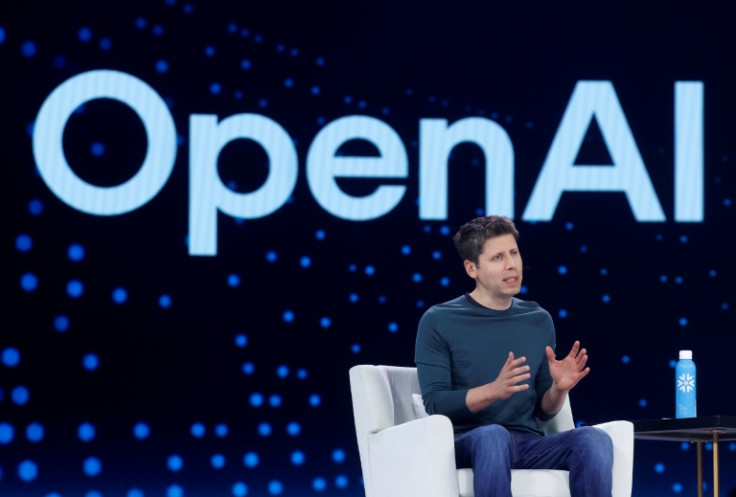The Trojan Tab: OpenAI's Atlas Promises Help—But Who's Really in Control?
AI-powered browsing raises questions about privacy, autonomy, and the future of user agency online.

OpenAI's latest product, ChatGPT Atlas, is being hailed as a leap forward in personalized browsing—but beneath the sleek interface and helpful prompts lies a deeper question: who's really steering the experience? With its chatbot at the center of every interaction, Atlas may be less of a browser and more of a behavioral engine.
A Browser That Thinks for You
Launched globally on macOS and soon to arrive on Windows, iOS, and Android, Atlas is built around OpenAI's marquee chatbot, ChatGPT. The browser features a persistent sidebar that allows users to ask questions about the websites they visit, summarize content, compare products, and even analyze data in real time.
OpenAI has also introduced a preview of 'Agent Mode' for premium users—a virtual assistant that can complete multi-step tasks like planning trips or shopping online. The goal, according to the company, is to streamline the web experience by letting ChatGPT handle the heavy lifting.
But as Atlas becomes more proactive, the line between assistance and automation begins to blur. If your browser is making decisions for you, are you still in control?
Privacy by Design—or by Default?
OpenAI emphasizes that users have full control over their data. Atlas users are automatically opted out of having their browsing data used to train ChatGPT models, and they can delete their web history at any time. However, if users opt into a feature called 'Browser memories,' ChatGPT will begin to 'remember facts and insights from your browsing.'
While OpenAI claims this memory is designed to enhance personalization, it's unclear how much of that data is retained, how it's stored, or whether it's shared with third parties. The company has not provided detailed transparency on how these insights are processed or protected.
Meet our new browser—ChatGPT Atlas.
— OpenAI (@OpenAI) October 21, 2025
Available today on macOS: https://t.co/UFKSQXvwHT pic.twitter.com/AakZyUk2BV
Convenience vs. Control
Atlas's ability to edit highlighted text, suggest rewrites, and summarize complex pages in seconds is undeniably powerful. But it also introduces a subtle shift in how users engage with content. Instead of reading, interpreting, and deciding, users may increasingly rely on ChatGPT's interpretations.
This raises a critical question: if AI is mediating your entire browsing experience, are you still the one making choices—or are you being nudged toward outcomes shaped by algorithms?
The AI Browser Race
OpenAI is not alone in this space. Google has already integrated its Gemini AI model into Chrome, and startups like Perplexity AI are also rolling out AI-first browsers. But Atlas's deep integration of conversational AI and task automation sets it apart—and may explain why Google's stock dropped 4% following the announcement.
The browser wars are no longer about speed or design—they're about who controls the user journey. And with Atlas, OpenAI is betting that users will trade autonomy for efficiency.
© Copyright IBTimes 2025. All rights reserved.




















